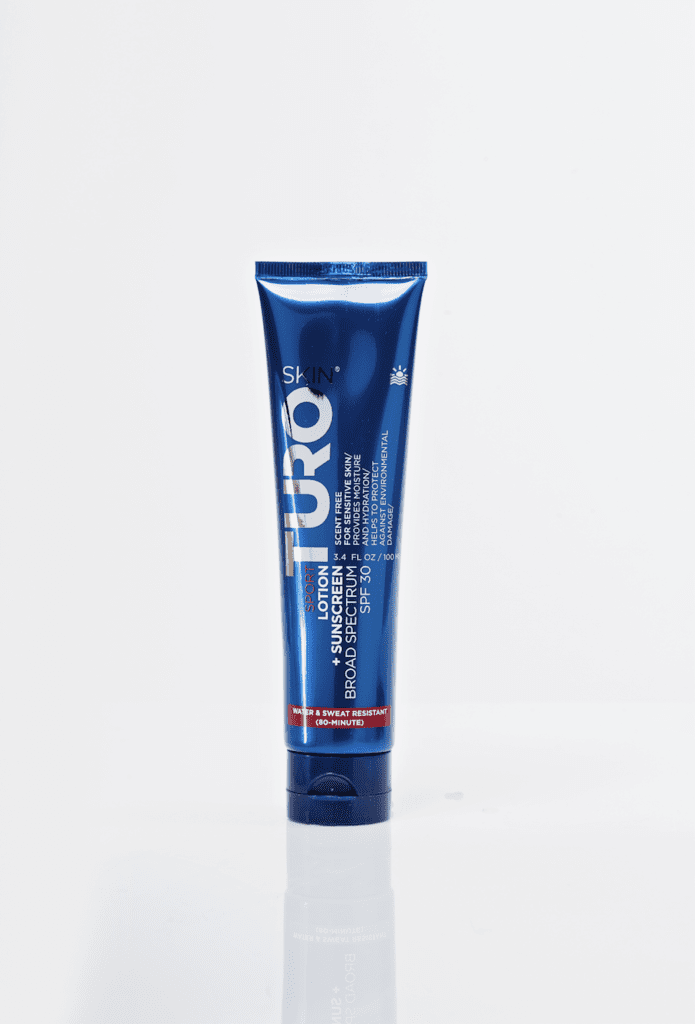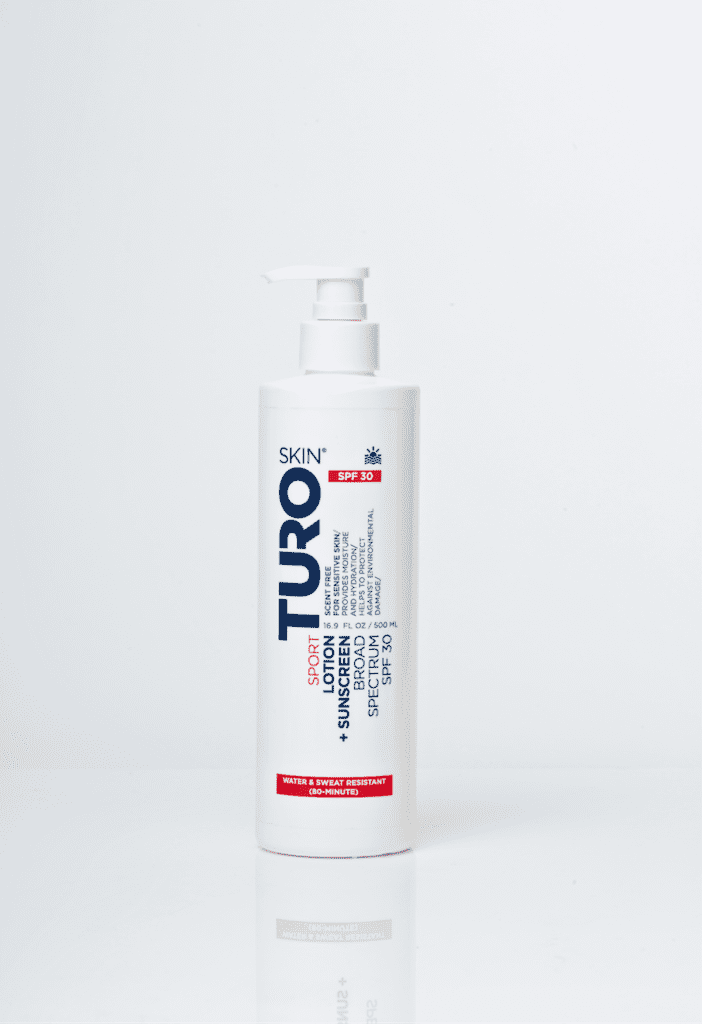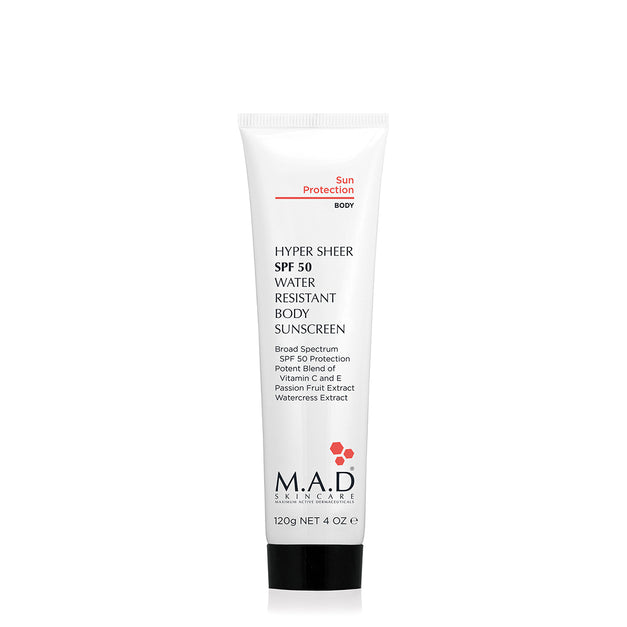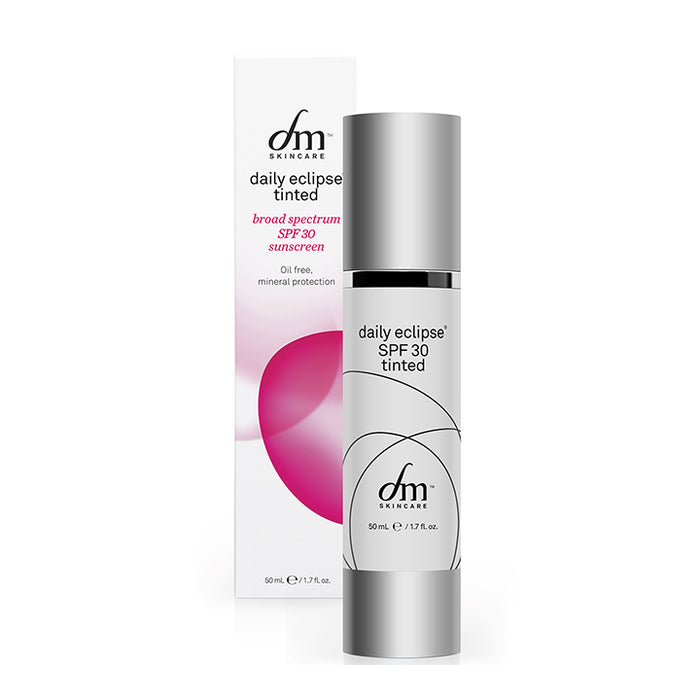Facts About Skin Cancer: Things You Should Know
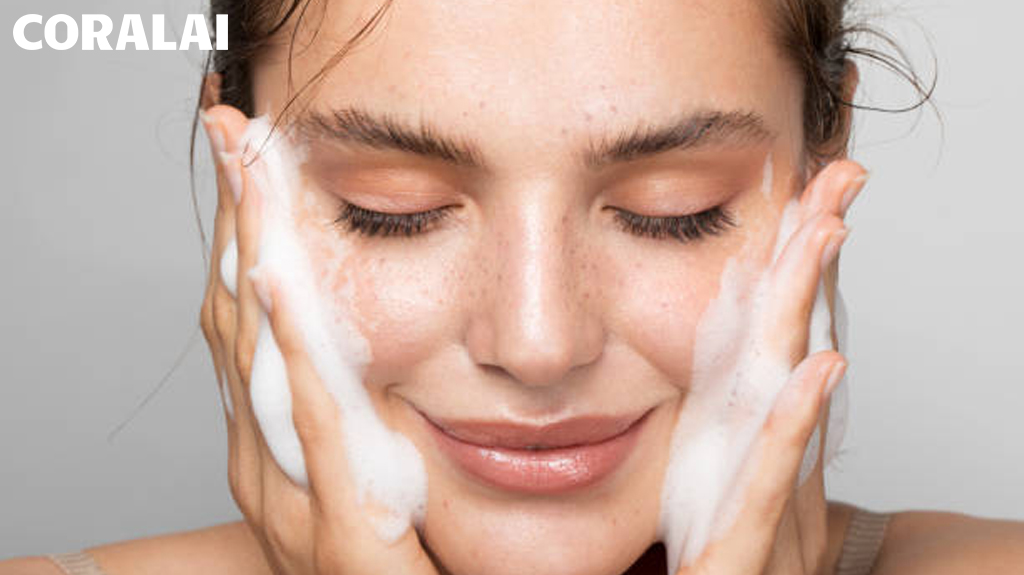
Skin cancer is a prevalent disease. It kills more people than breast cancer and colon cancer combined.
Skin cancer usually occurs in sun-exposed body areas, such as the face, neck, arms, and back. So, here are a few facts about skin cancer for you to read, which will help you know about this disease.
UV light is responsible for the vast majority of skin cancers.
Exposure to sunlight’s ultraviolet (UV) radiation has been linked to approximately 90% of non-melanoma skin cancers and 86% of melanomas. Early sun exposure, especially frequent sunburns as a child, can also increase your chances of developing skin cancer.
However, the sun does not cause all skin cancers.
Smokers are more likely to get skin cancer, especially on their lips. At the same time, radiation-treated body areas are more likely to develop skin cancer. And as with most cancers, having a family history of melanoma also increases your chances of developing skin cancer.
Melanomas can appear anywhere on the body.
Anywhere on the body, including the eyes, scalp, nails, feet, mouth, and other areas not exposed to sunlight, can develop melanoma. Hidden melanomas are more common in darker-skinned people.
Skin cancer can affect children as well.
Melanoma is responsible for up to 3% of all pediatric cancers. Unfortunately, childhood melanoma treatment is frequently delayed due to misdiagnosis of pigmented lesions, which occurs up to 40% of the time.
We live in an age of information where these facts about skin cancer should not be ignored.

What Are the Causes of Non-Melanoma?
Non-melanoma skin cancer is a type of cancer that develops slowly in the upper layers of the skin.
A variety of factors cause non-melanoma skin cancers. However, there are three leading causes:
 Sun exposure
Sun exposure Genetic predisposition
Genetic predisposition External causes
External causes
Exposure to the sun is the most common cause of non-melanoma skin cancers. Sunburn caused by the sun or artificial light makes your skin more vulnerable to non-melanoma skin cancer. After all, they’re damaged or destroyed, creating melanin (the pigment that gives your skin it’s color).
The other two causes are genetic predisposition and external causes. Genetic predisposition refers to changes in your DNA that make you more likely to develop certain types of skin cancer due to your family history or other factors.
External causes include diseases like poison ivy or even excessive tanning indoors without sunscreen.
Facts About Skin Cancer — How to Spot It?
One of the best ways to prevent skin cancer from becoming a life-threatening condition is to detect it early. Check for any changes in your skin that may be related to skin cancer. These changes include:
 Sores or rashes that do not heal.
Sores or rashes that do not heal. Freckles or moles that are changing color or size.
Freckles or moles that are changing color or size. Look for clusters of new brown spots or white patches on your skin that don’t fade away when you rub them (they could indicate melanoma).
Look for clusters of new brown spots or white patches on your skin that don’t fade away when you rub them (they could indicate melanoma).  If you have freckles or moles with irregular borders, get them checked by a doctor immediately!
If you have freckles or moles with irregular borders, get them checked by a doctor immediately!  If you notice a mole becoming darker than usual (especially if it appears red or purple), get it checked by a doctor immediately!
If you notice a mole becoming darker than usual (especially if it appears red or purple), get it checked by a doctor immediately!  Remember that even though skin cancer is more likely to occur on areas like the face, neck, and back of hands, it can also appear anywhere on your body!
Remember that even though skin cancer is more likely to occur on areas like the face, neck, and back of hands, it can also appear anywhere on your body!
Facts About Skin Cancer — How Does It Affect Your Social and Emotional Life?
Living with skin cancer can affect your social and emotional life in several ways. Firstly, the most obvious is that it makes you self-conscious about your appearance, especially in the early stages of treatment. This can be hard on your self-esteem, leading to depression and anxiety. You may also feel isolated from others because of your condition. Secondly, having skin cancer can make you feel like you don’t look good enough or feel confident in your skin. As a result, you may find it hard to feel confident and attractive.
Coralai provides skincare products that help you to reduce the side effects of skin cancer.
Recommendations by Dermatologists for the Prevention of Skin Cancer
Here are some of the dermatologists’ best recommendations for skin cancer prevention.
 Use sunscreen! Sunlight is one of the primary causes of skin cancer. So wear sunscreen on your face, ears, and back when you go outside.
Use sunscreen! Sunlight is one of the primary causes of skin cancer. So wear sunscreen on your face, ears, and back when you go outside. Wear protective clothing such as a hat with a brim to shield your face and neck from the sun’s harmful rays to decrease your risk of melanoma.
Wear protective clothing such as a hat with a brim to shield your face and neck from the sun’s harmful rays to decrease your risk of melanoma. Examine your body regularly for changes in moles or other spots that may be cancerous, especially if they’re new or changing in size or color.
Examine your body regularly for changes in moles or other spots that may be cancerous, especially if they’re new or changing in size or color. The best way to prevent melanoma from developing is to be screened regularly by a dermatologist.
The best way to prevent melanoma from developing is to be screened regularly by a dermatologist.
Skin Cancer Should Not Be Taken Lightly.
It can affect anyone anytime and can be deadly if you don’t catch it early. So we, the people of the modern world with accessible knowledge of contemporary science, should not be strangers to facts about skin cancer today.
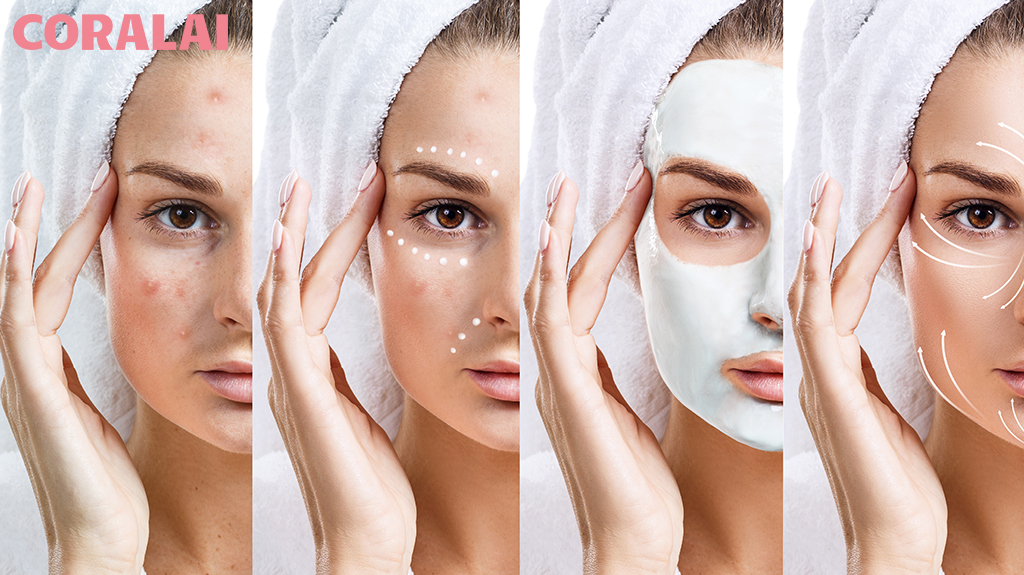
Taking steps toward prevention is possible with the right knowledge and tools. All in all, effective skincare is an essential step towards having healthy skin. However, skin cancer doesn’t discriminate based on gender, ethnicity, or age. Therefore everyone should be aware of preventative measures to protect their skin.
At Coralai, we provide:
 Product recommendations.
Product recommendations. Relevant information
Relevant information A supportive and engaging community
A supportive and engaging community
If you’re looking for skincare guidance, we’d love to assist you through this.

